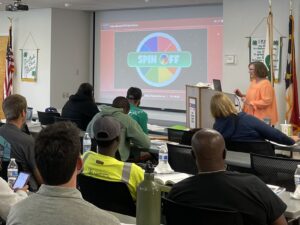
Spring 2026 (January-June) Pesticide Safety Schools
The spring 2026 Pesticide Safety Schools are for those seeking initial licensing in one or more pesticide subcategories. To register for …



El inglés es el idioma de control de esta página. En la medida en que haya algún conflicto entre la traducción al inglés y la traducción, el inglés prevalece.
Al hacer clic en el enlace de traducción se activa un servicio de traducción gratuito para convertir la página al español. Al igual que con cualquier traducción por Internet, la conversión no es sensible al contexto y puede que no traduzca el texto en su significado original. NC State Extension no garantiza la exactitud del texto traducido. Por favor, tenga en cuenta que algunas aplicaciones y/o servicios pueden no funcionar como se espera cuando se traducen.
Inglês é o idioma de controle desta página. Na medida que haja algum conflito entre o texto original em Inglês e a tradução, o Inglês prevalece.
Ao clicar no link de tradução, um serviço gratuito de tradução será ativado para converter a página para o Português. Como em qualquer tradução pela internet, a conversão não é sensivel ao contexto e pode não ocorrer a tradução para o significado orginal. O serviço de Extensão da Carolina do Norte (NC State Extension) não garante a exatidão do texto traduzido. Por favor, observe que algumas funções ou serviços podem não funcionar como esperado após a tradução.
English is the controlling language of this page. To the extent there is any conflict between the English text and the translation, English controls.
Clicking on the translation link activates a free translation service to convert the page to Spanish. As with any Internet translation, the conversion is not context-sensitive and may not translate the text to its original meaning. NC State Extension does not guarantee the accuracy of the translated text. Please note that some applications and/or services may not function as expected when translated.
Collapse ▲
The spring 2026 Pesticide Safety Schools are for those seeking initial licensing in one or more pesticide subcategories. To register for …

1/2/26- The USDA’s Natural Resources Conservation Service (NRCS) has announced important updates. Here’s what you need to know: Extended Batching …

Pond management is required to achieve maximum utility and enjoyment. It is important to know what needs to be …
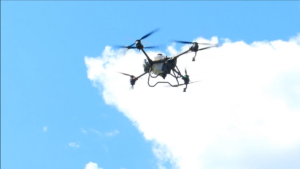
Interest in the use of unmanned aerial vehicles (UAVs), or drones as they are more commonly known, for pesticide …
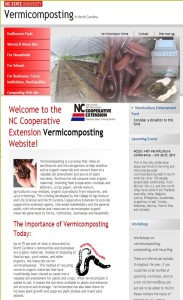
Earthworms convert organic matter (including food scraps, paper, animal manure, and yard trimmings) into a valuable soil amendment and …
As summer turns to fall, now is a good time for pond managers to consider things that can improve …

North Carolina A&T Small Farms Week is coming up in a couple of weeks! This is a great opportunity …
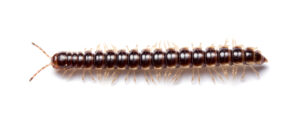
Recent heavy rains across the state have resulted in invasions of yards and homes by what some might call …

Calling all teachers, remote learners, homeschool families, and educators who want to spice up your spring learning plan for …
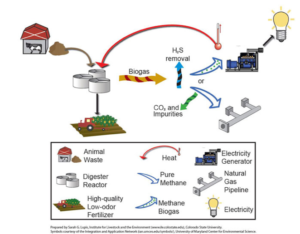
N.C. Cooperative Extension, Dairy ASA – Ashley Robbins will be hosting a webinar on February 4, 2021, from noon–1:30 …

REGISTER FOR THE CAMP OUT! Registration closes on June 12. Click to view the schedule and session descriptions Registration closes on June …
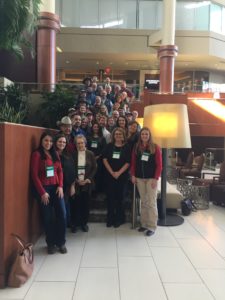
The American Forage and Grassland Council (AFGC) is an international organization made up of 20 affiliate councils in the …
Safe pesticide storage is essential, especially in disaster situations. Improperly stored pesticide products can pose significant threats to humans …

An introduction to soil acidity and liming for farmers and gardeners to increase crop income …
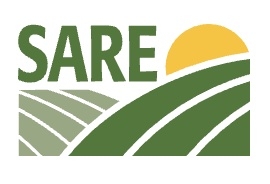
Though there are no hard survey numbers to demonstrate, anecdotally a majority of rented farmland …

Participation in conservation practices and restrictions comes in various forms, from revocable-at-will, revocable with penalty, …
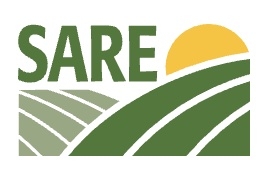
Though impossible to measure the incidence of neighbor complaints against farmers, North Carolina public policy …
This publication offers fertilizer suggestions for a variety of crops, including field, pasture and hay …
This manual, updated every year, covers pesticide use and safety information, chemical application equipment, fertilizer …
This publication explains how and where to send specimens for disease, insect and weed identification.
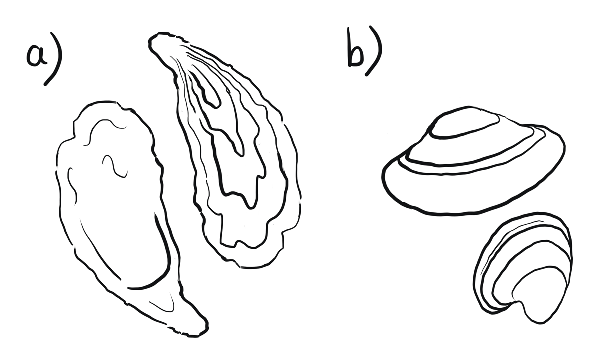
This publication discusses the practice of leasing estuarine waters on the North Carolina coast for …